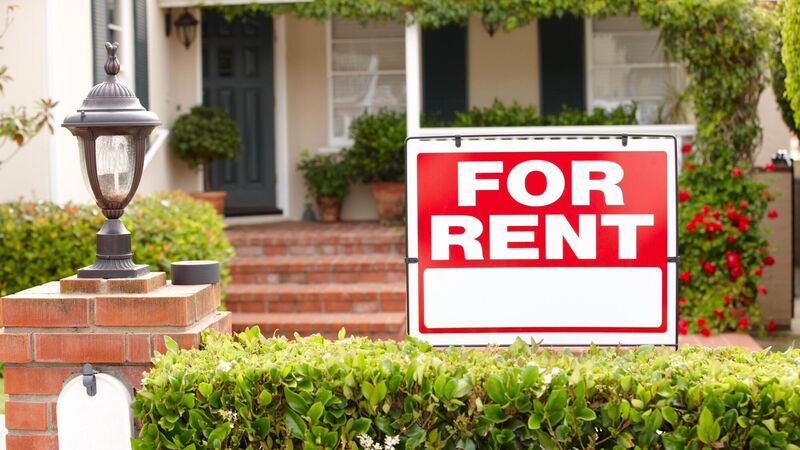Sean Murray: It's 50:50 if I'll ever own a home

File photo
At this stage, it’s literally the toss of a coin on whether I'll ever own a house.
For people aged 25-34 — a category I fall very neatly into the middle of — we have a one in two chance of becoming homeowners by the time we reach retirement age, according to the Economic And Social Research Institute (ESRI).













